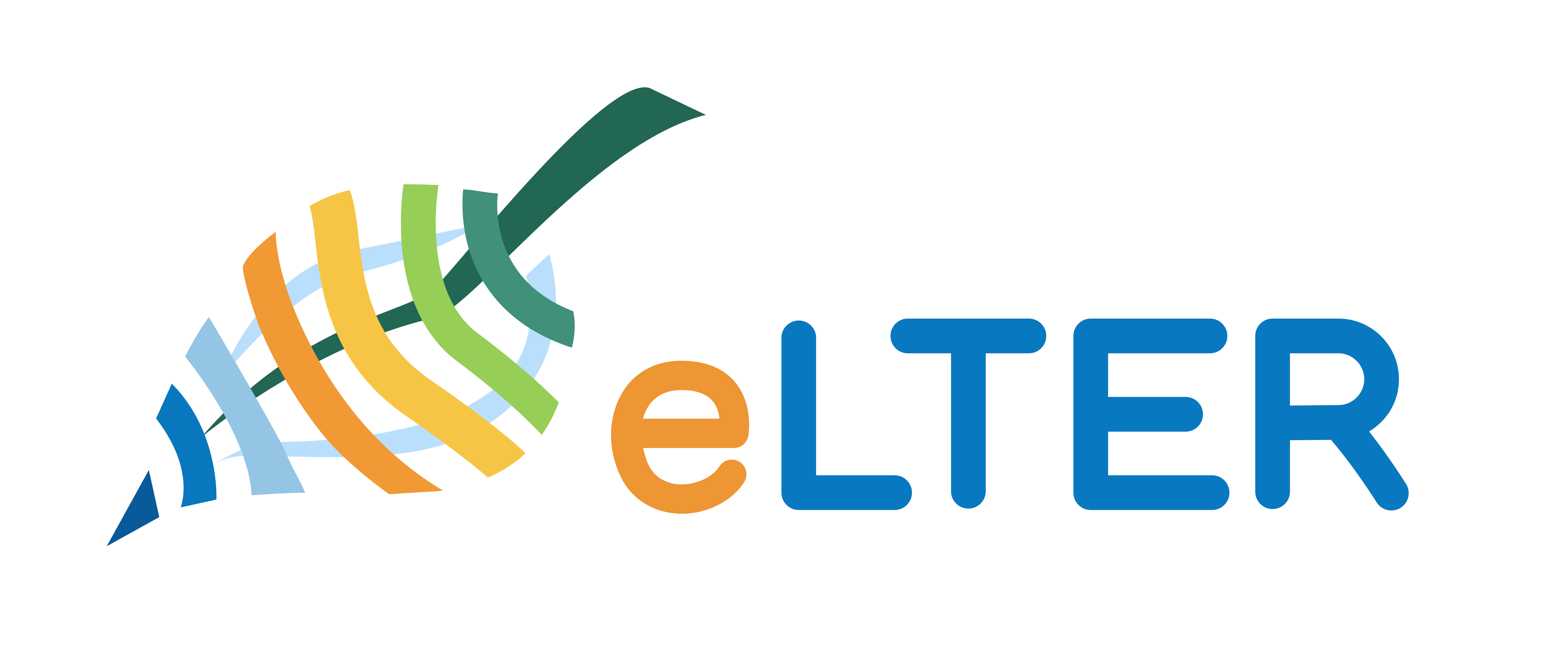Introduction to eLTER
The relationship between human society and the environment is complex, with each influencing and changing the other in a myriad ways. Nevertheless, environmental sustainability can only be achieved on the basis of the robust knowledge and empirical evidence needed to identify and mitigate human impacts on ecosystems. eLTER, the Integrated European Long-Term Ecosystem, critical zone and socio-ecological Research, responds to this challenge by adressing these complex processes and interactions and seeks to understand the long-term effects of global and climate change on ecosystem, ecosystem processes and biodiversity via long-term observation and research. A key focus for eLTER is to observe the key drivers of change for the major European ecosystems and socio-ecological systems and how these changes affect ecosystem functions, biodiversity and ecosystem services. It builds on a network of long-term observation facilities located across Europe and covering the main biogeographic regions and ecosystem types including urban and rural settings.
eLTER aims to catalyze scientific discovery and insights through its state-of-the-art research infrastructure, collaborative working culture, open knowledge and data sharing, as well as its transdisciplinary expertise. This enables the development and application of evidence-based solutions for the well-being of current and future generations. eLTER provides researchers with access to over >500 sites and >50 larger LTSER Platforms across Europe, including Israel, and establishing and offering harmonised and standardised data, services and training useful to citizens and experts in their joint efforts to find sustainable solutions to the Grand Societal Challenges.
eLTER contribution to the BioDT project
Within BioDT, eLTER is involved in the implementation of the use cases by contributing long-term observations and enhancing the FAIRness of data services and provision. eLTER provides a wide range of site based abiotic and biotic data relevant for modelling, focusing on biodiversity dynamics, climate change, eutrophication, pollution as well as socio-economic characteristics. It is currently building a data lake with the eLTER legacy data for eLTER PLUS to provide easier access to information. eLTERs' long-term facilities, adopting a Whole-system Approach for In-situ research on Life Supporting Systems, have a long history of observation with many being operated since the early 90’s or provide observations even before that.
In addition, eLTER is contributing to the enhancement of FAIR data sharing fostering the use of FAIR vocabularies, data harmonisation and documentation following the FAIR principles to improve machine-actionability, interoperability and reusability. eLTER is working on the development of continent-wide, novel data services and products. This will be the result of combining harmonised standard observations at the sites with information from a wide range of other sources provided in a FAIR manner. BioDT will utilise these integrated and harmonised datasets provided by eLTER to populate the Digital Twin.
Check out our video from Johannes Peterseil discussing the eLTER Research Infrastructure for ecosystem and biodiversity research
